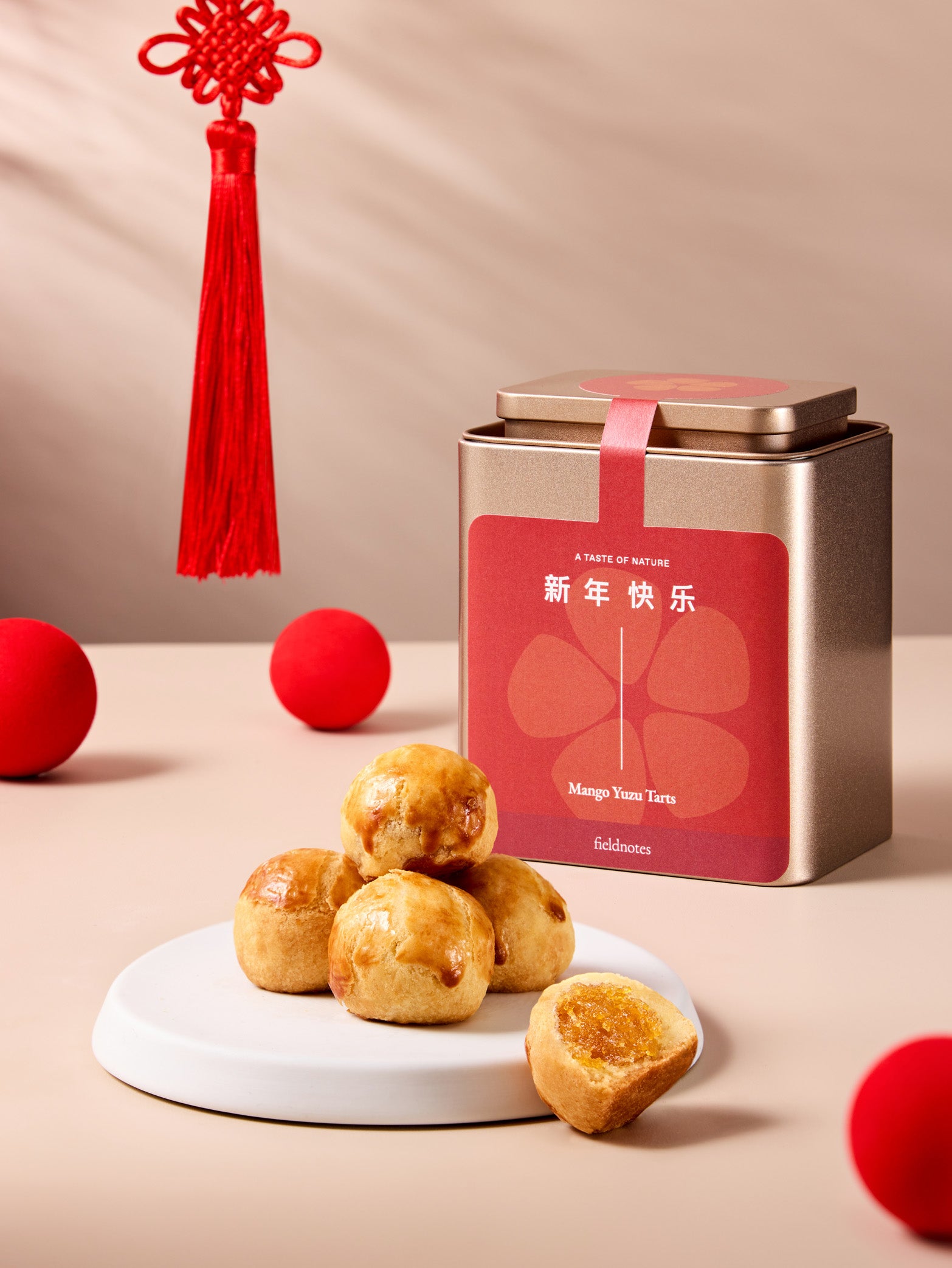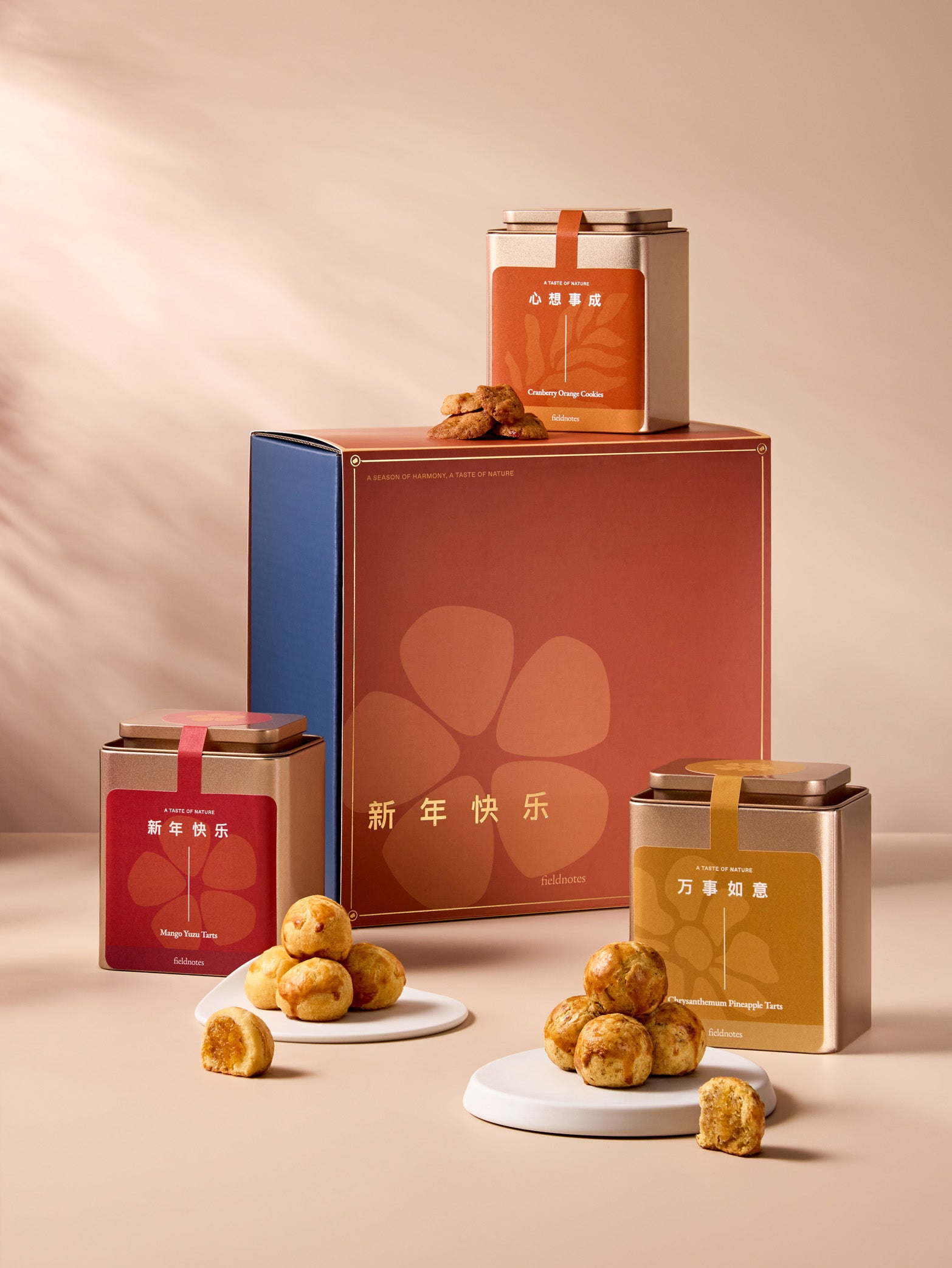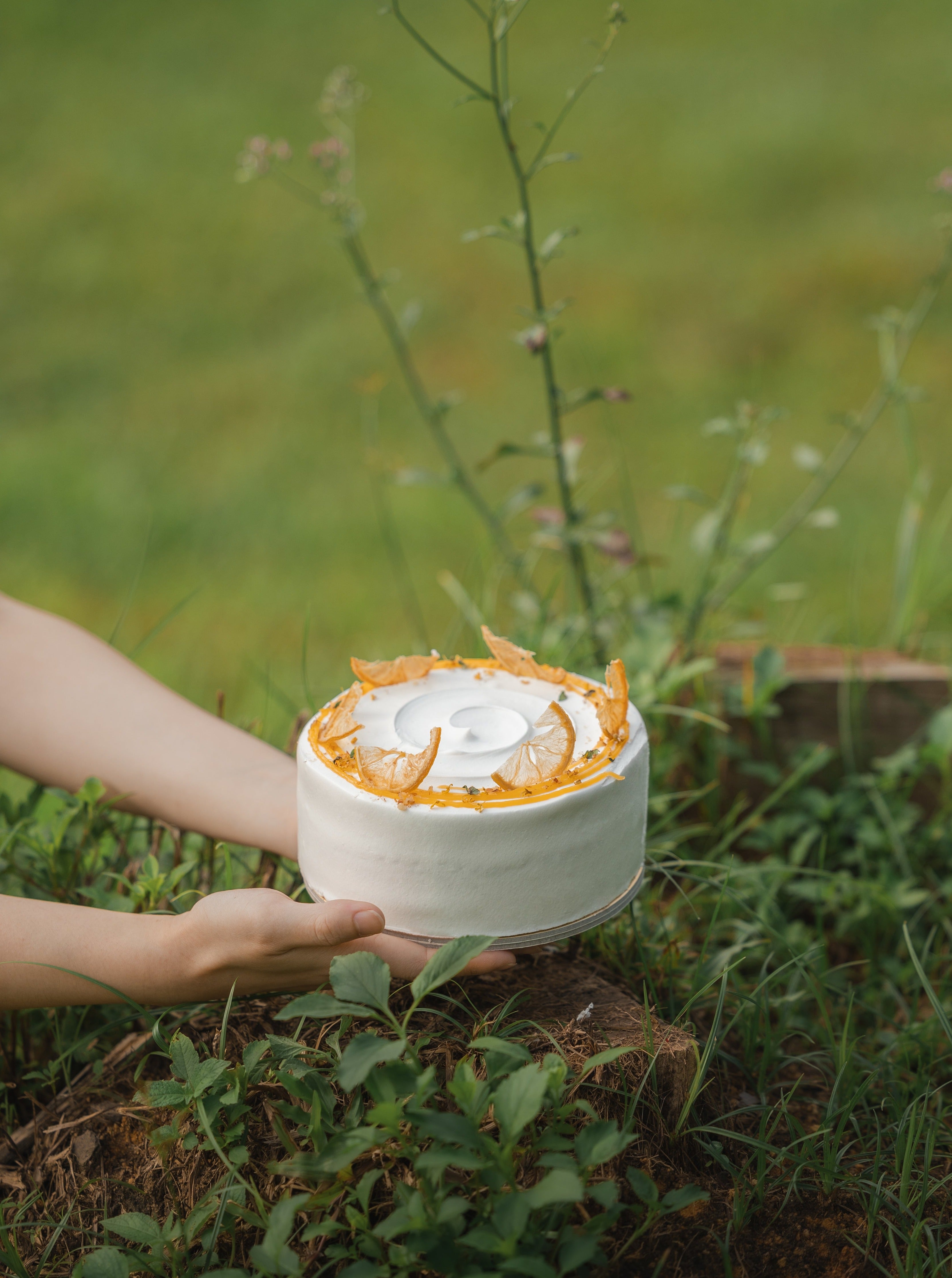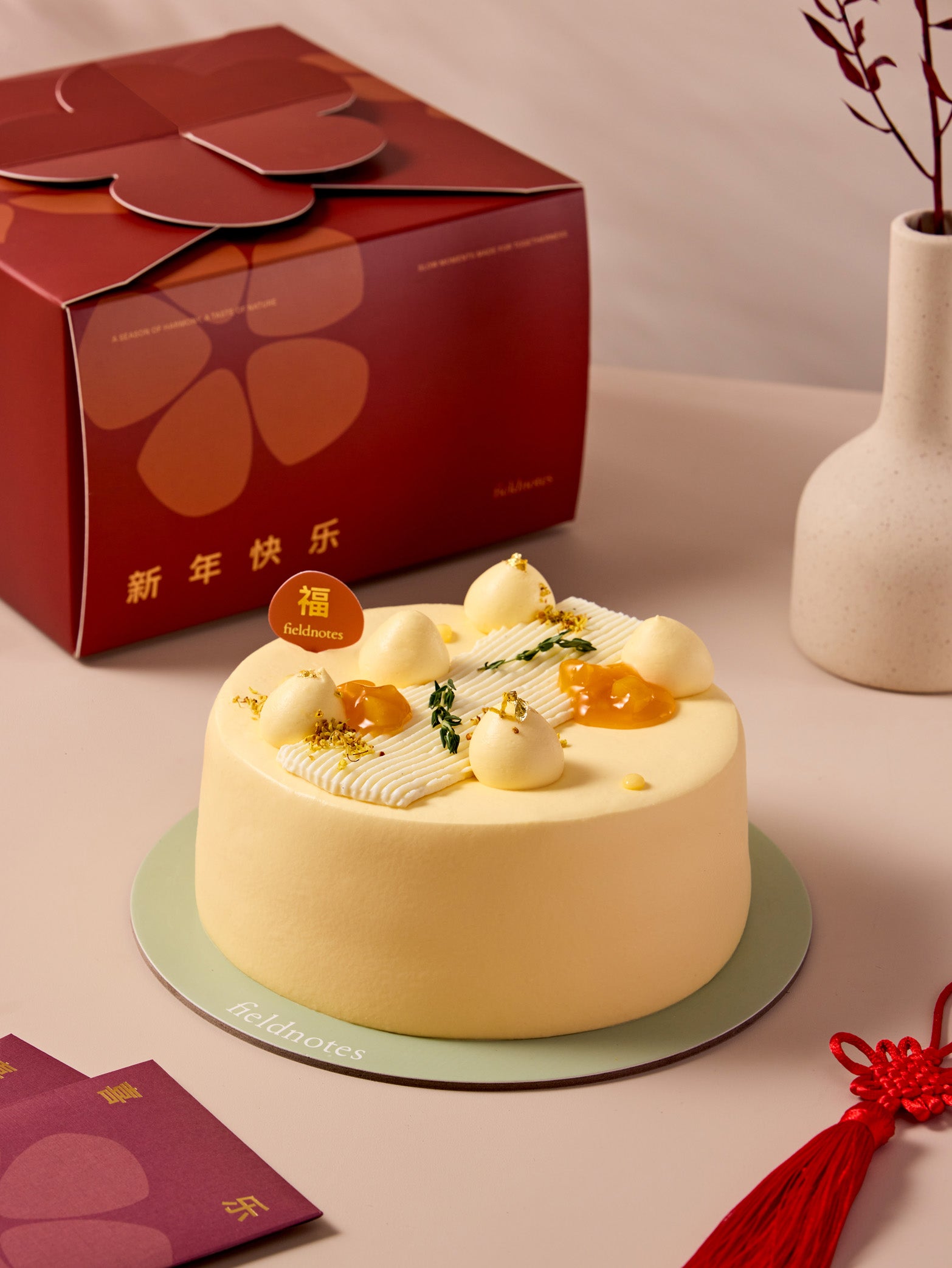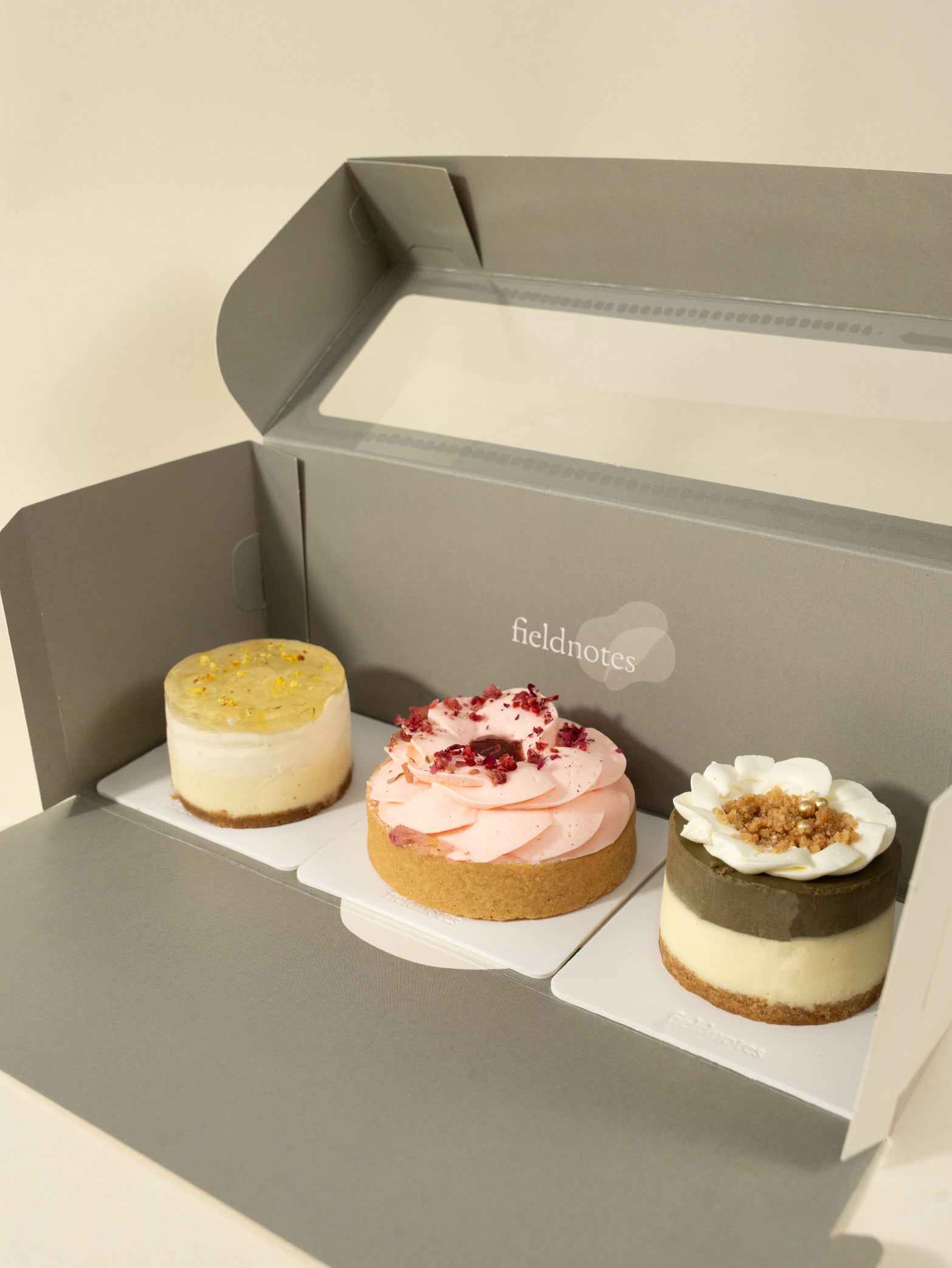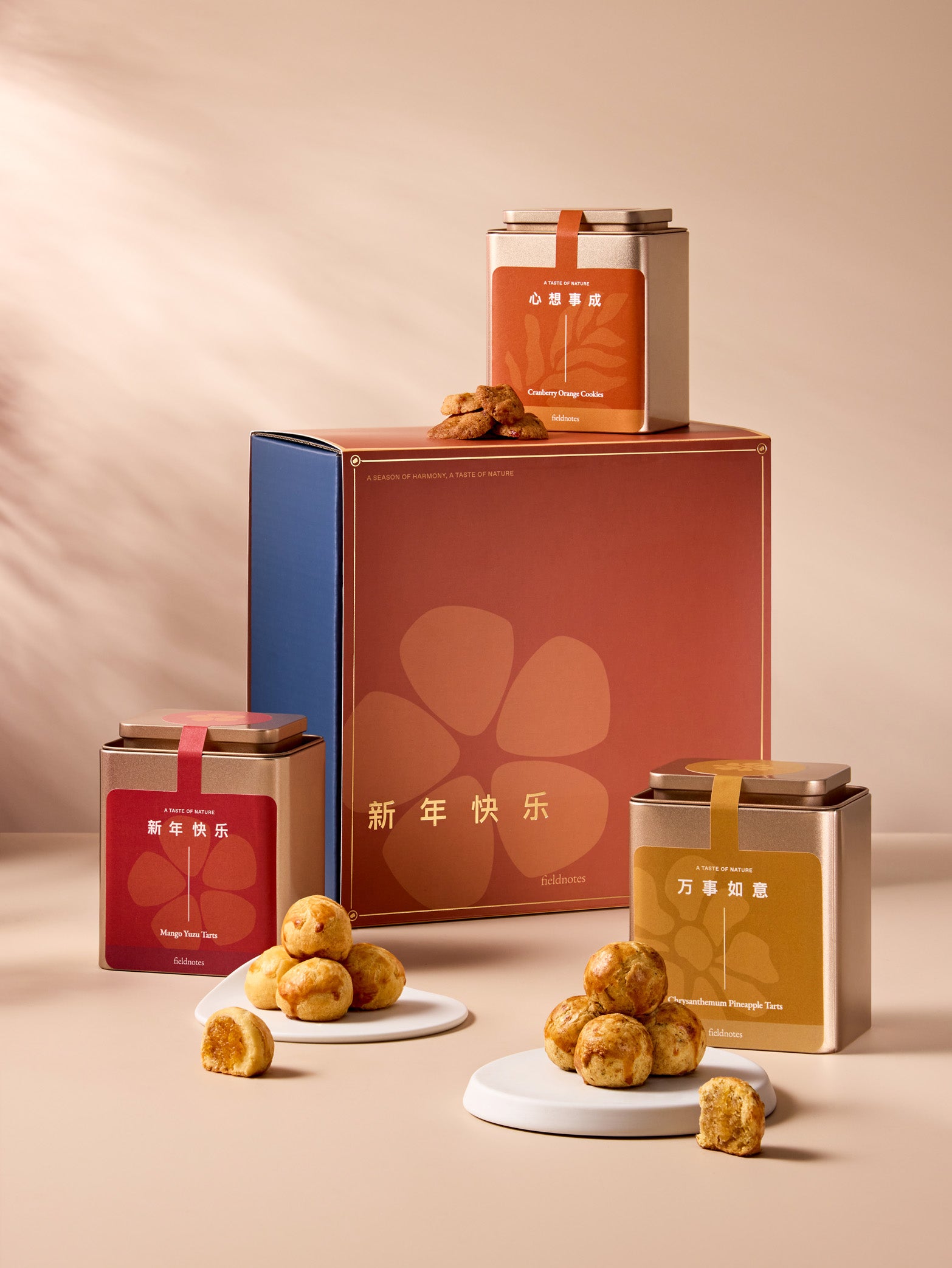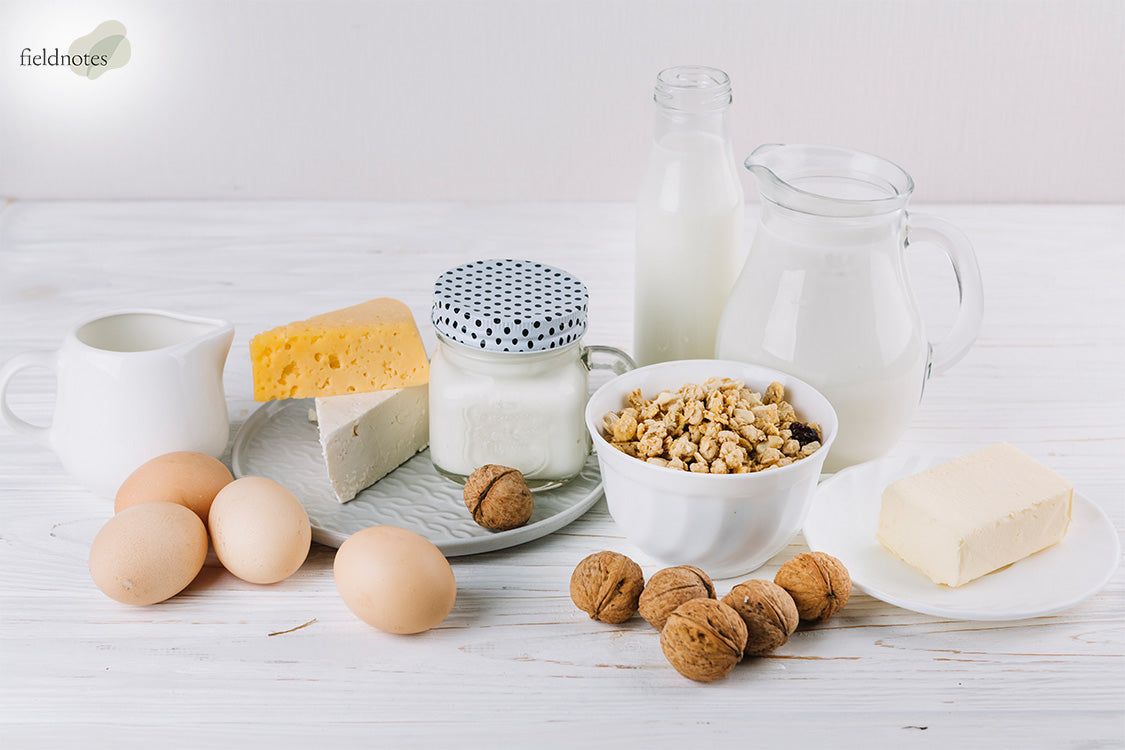Key Takeaways:
What can we learn from how cookies and biscuits differ around the world?
-
The way people describe and enjoy cookies and biscuits varies across cultures, reflecting language, climate, and tradition.
-
American cookies are often soft and chewy, while British biscuits tend to be crisp and perfect for dunking during a tea break.
-
Every region has its own version, from Italy’s biscotti to Singapore’s festive treats, each shaped by local ingredients and customs.
-
Beyond taste, these small bakes represent warmth, togetherness, and shared moments across generations.
-
At Fieldnotes, each handcrafted creation carries that same universal sweetness, offering comfort and joy through every cookie gift.
Introduction
Few foods are as universally loved as the humble cookies and biscuits, though what you call them depends on where you are in the world. Across languages and continents, these small, sweet treats hold a shared charm: warmth, comfort, and the pleasure of something baked with care. Whether dunked in tea or served alongside milk, they carry stories of culture, family, and memory.
At Fieldnotes, we see them as more than snacks, they’re edible reflections of place and tradition. Let’s explore how cookies and biscuits differ around the world, and what these differences reveal about the people who bake and enjoy them.
What’s in a Name?
The difference between cookies and biscuits often starts with language. In the United States, “cookies” are the standard term, while in the United Kingdom and much of the Commonwealth, “biscuits” reign supreme. Both words trace back to the Latin bis coctus, meaning “twice baked”.
As trade and colonisation spread recipes across continents, each culture adapted the word to its own context. In France, biscuit still refers to a wide range of baked goods, while in Italy, biscotti means crisp twice-baked slices often served with espresso or sweet wine. The words may differ, but the joy they describe remains remarkably similar.
How Do They Taste and Feel?
When it comes to cookie vs biscuit texture, geography plays a delicious role. American cookies tend to be soft, chewy, and buttery. British biscuits, on the other hand, are typically crisp, snappable, and meant to hold their shape for dunking into tea.
This textural divide is about climate and culture. In the UK’s cooler weather, a crisp biscuit stays pleasant longer, while in the US, the soft, rich cookie suits an indulgent dessert moment. Each baking style tells its own sensory story, shaped by taste, time, and temperature.
How Cultures Enjoy Them
Across the world, these small treats have woven themselves into daily rituals. In Britain, biscuits are part of the sacred tea break, a pause for comfort and connection. In America, the image of a child dipping a cookie into milk captures the sweetness of nostalgia.
Elsewhere, the pairing evolves. In Japan, delicate butter cookies often accompany green tea ceremonies. In Singapore, festive favourites like pineapple tarts and love letters appear during Lunar New Year, representing prosperity and togetherness. These global biscuit and cookie traditions remind us that food, even in its simplest form, reflect how we slow down and savour life.
How Do They Vary Around the World?
Every country adds its own flavour to the universal idea of the cookie. France celebrates with sablés and macarons. Italy brings us biscotti. Australia’s Anzac biscuits carry a legacy of wartime resilience, while Singapore delights in almond crisps, buttery matcha shortbread, and festive pineapple tarts, each reimagined for local tastes and celebrations.
Beyond tradition, beautifully packaged cookies for gifting have also become part of Singapore’s modern food culture, symbolising thoughtfulness and joy in every bite.
The cultural history of biscuits and cookies shows how recipes evolve across generations. Families pass down techniques, and bakers reinterpret them with local ingredients. At Fieldnotes, that same spirit lives in every batch, blending classic craftsmanship with a touch of modern imagination.
Why Do They Matter?
No matter what we call them, cookies and biscuits are universal symbols of togetherness. They’re the treats we pack for picnics, gifts to friends, and bake to mark celebrations. From simple afternoon tea moments to festive xmas cookie gift sets, these small bakes remind us that sweetness is best when shared.
Conclusion
Whether soft and chewy or crisp and buttery, cookies and biscuits tell the story of how the world enjoys sweetness. Each version, from America’s home-baked classics to Singapore’s festive favourites, reveals a culture’s rhythm of how we rest, celebrate, and connect.
At Fieldnotes, every bake carries that same spirit of connection. From our handcrafted cakes to our thoughtfully curated cookie gift sets, we believe that sweetness is meant to be shared. Whether you’re marking a milestone or sending a simple note of care, our treats are made to bring comfort, joy, and a touch of nostalgia to every moment.
Explore our full range of cookies for gifting and discover how a small, heartfelt gesture can make someone’s day.

